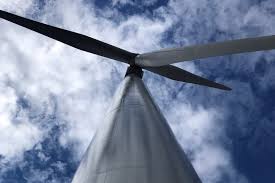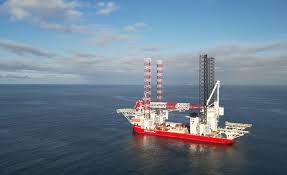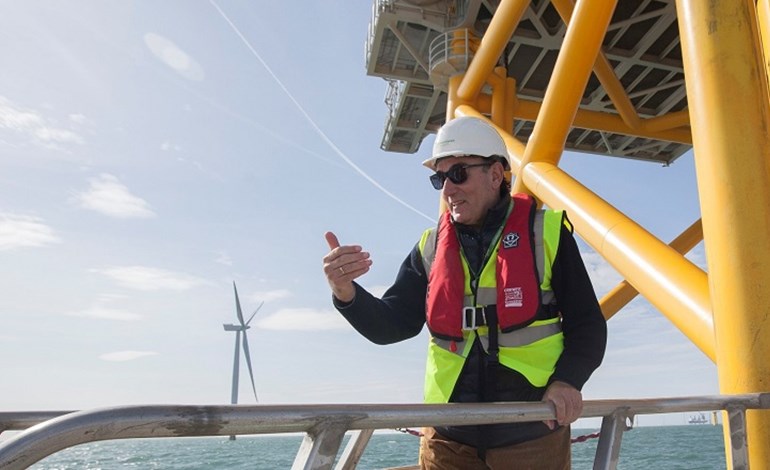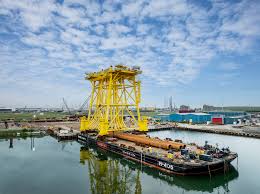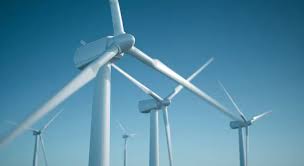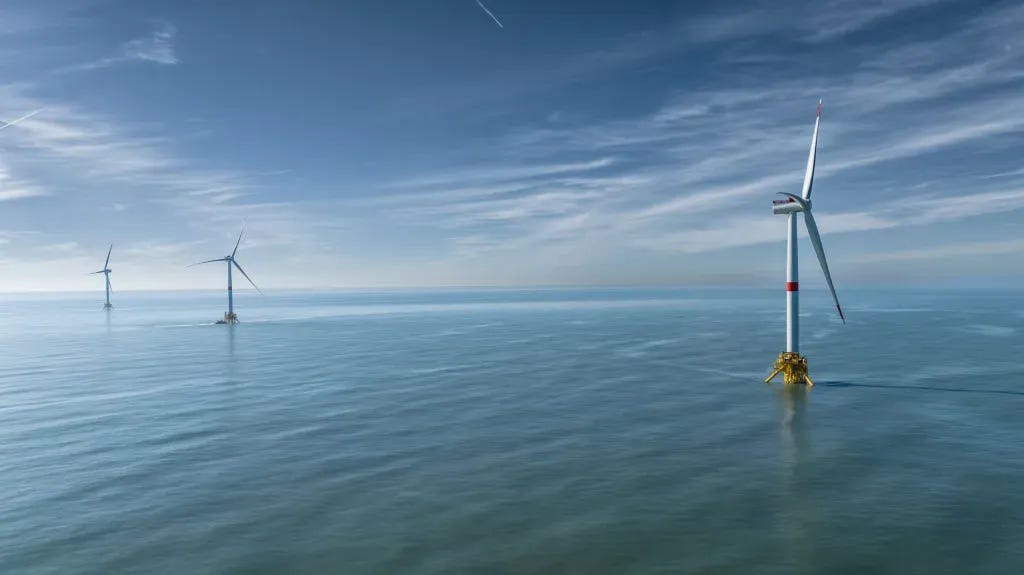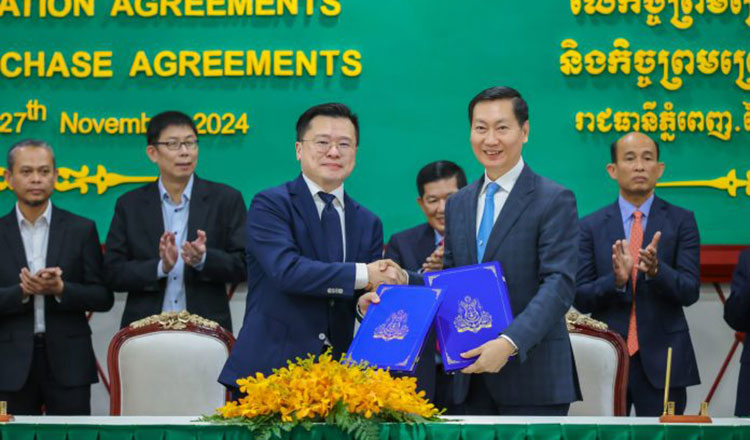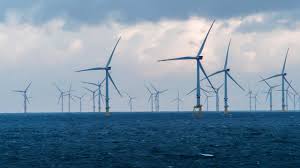Ireland's Taoiseach Leo Varadkar announced at a UN assembly earlier this week that the Irish Government is ending offshore oil drilling, and gas is to follow. He explained that the decision was provoked by the independent Climate Change Advisory Council, which recommended that exploration is stopped as it is incompatible with a low-carbon future.
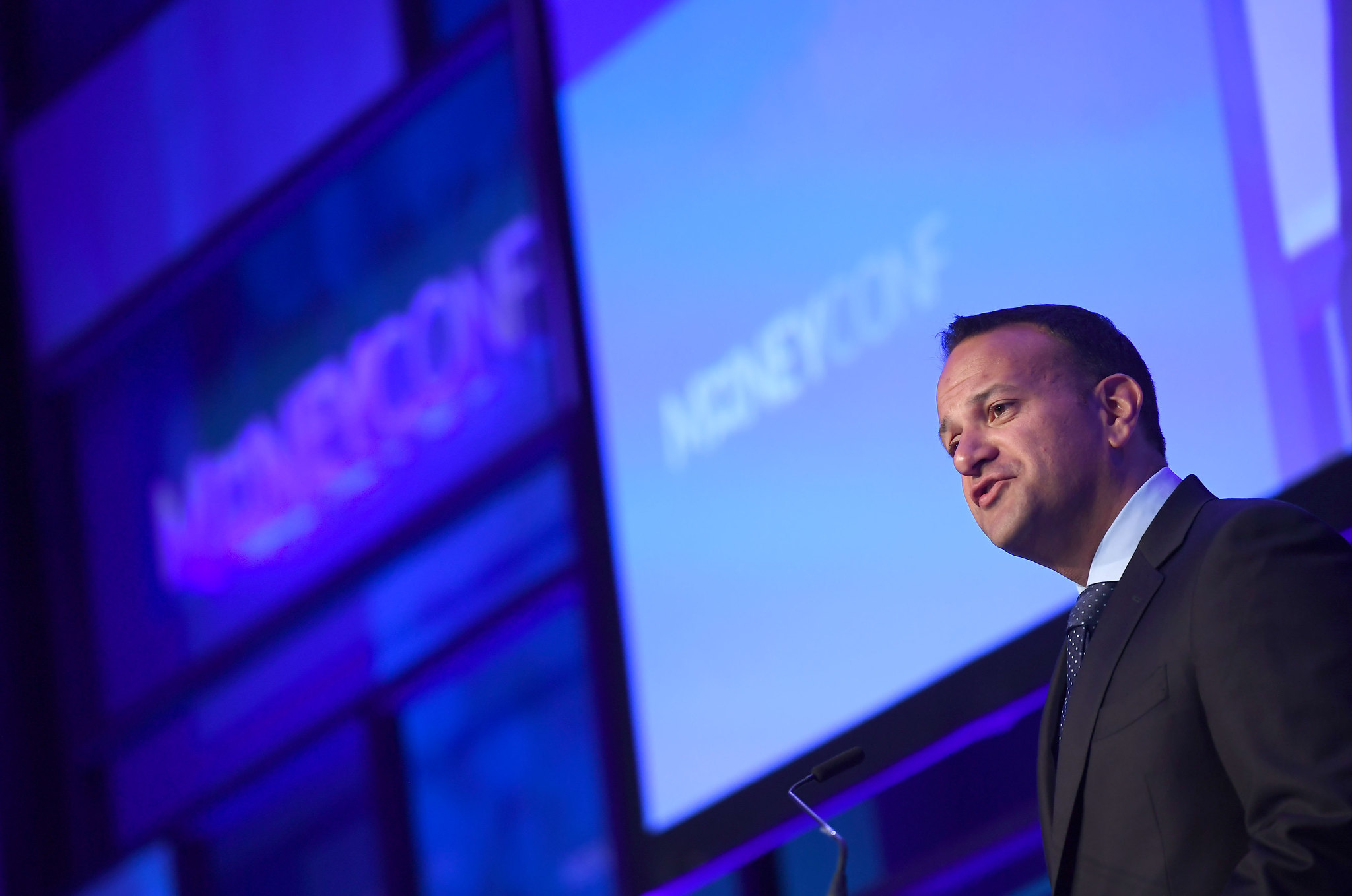 Irish Government to End Offshore Oil Drilling,And Gas Is To Follow
Irish Government to End Offshore Oil Drilling,And Gas Is To Follow
Varadkar said: “For almost 1,000 years, my country, Ireland, has been associated with the colour green – The Emerald Isle. In the future, I want Ireland to be known as a green country because of how we respond to the climate and environmental challenges facing our planet.”
Despite his pledge to phase out oil exploration of Ireland’s territorial waters though, the prime minister concluded that “exploration for natural gas should continue for now, as a transition fuel that we will need for decades to come while alternatives are developed and fully deployed.”
The move was generally welcomed, with Friends of the Earth director Oisín Coghlan saying the Taoiseach had sent “an important signal to investors that Ireland accepts the majority of fossil fuels have to stay in the ground if we are to contain climate change.” Although he did caution that “Ireland is still running the risk of carbon lock-in by not phasing out gas exploration now also.”
The oil and gas industry in Ireland, including Europa and the Irish Offshore Operators’ Association (IOOA), also generally welcomed the news, although they did quickly seek clarification on the move, with fears that it would affect exploration already underway or licenses already purchased.
“IOOA look forward to seeing the full detail of the proposals to be outlined in the Taoiseach’s speech at the Climate Action Summit this evening,” the IOOA said in a statement on Tuesday 24 September, following Varadkar’s initial speech. “In particular we look forward to receiving the exact detail of the proposed implementation of today’s announcement regarding future exploration in Ireland. Our members remain committed to Ireland’s efforts to transition to renewable energy, however energy security for Ireland is an important part of that process and we will seek a meeting with Government in relation to the matter in the coming weeks.”
Not everyone was won over by the taoiseach’s announcement however. Bríd Smith, a member of Irish political party the People Before Profit’s, who had a bill to ban oil and gas exploration blocked by the executive, the term for the government in Ireland, in July, expressed her disagreement with Varadkar’s strategy to continue gas drilling. She explained that her proposed legislation was turned down because of the controversial constitutional device the “money message”, which allows even a minority government to block an opposition financial bill if it is concerned that it will come at a cost to public funds. As such, the People Before Profits bill could not pass because of the possible cost to public funds, which also plays a role into the taoiseach’s recent announcement.
Smith said: “The growing movement, the climate strike for example, is pushing the Taoiseach into seeking cover for his actions on climate. He is trying to come across as groundbreaking, but it’s all spin.”
In a recent tweet, the People Before Profit Twitter further criticised the proposal, highlighting that “[Varadkar’s] Government has already issued licenses that will allow exploration up to 2035 and possibly beyond,” Smith says.
Furthermore, the People Before Profit member shared with The Times that the Dublin government intends to support fracking overseas, but “the use of fracked gas from other countries misunderstands the crisis we are in. There are no borders around countries when it comes to climate change.”
In relation to the issue, the Irish Offshore Operators’ Association (IOOA) CEO Mandy Johnston also expressed concerns about the administrative and regulatory management processes, and the departmental resources that will be highly affected by the decision. She says that despite the government’s clarification that the announcement made earlier this week at the UN Conference does not affect the existing licences issued in the 2015 Licencing Round, the IOOA has requested a meeting with Minister Bruton and or Mr Canney on several issues.
Johnston says: “Specifically, in our experience lengthy administrative procedures constitute a major barrier to investment as they add unnecessary time and cost to projects.”
She also emphasised that IOOA would offer any assistance, information, research or expertise to the Government for future deliberations on the issue.
“If any of our geologists or engineers can provide expertise, they will be made available to the Government as we are anxious to support the commitments made towards a lower carbon economy,” Johnston added.
A IOOA and PwC report from January 2019 on the potential value of Ireland’s domestic oil and gas industry predicted that the indigenous oil and gas industry could create over 1,500 jobs and deliver tax revenue of almost €11bn for the state. An oil find yielding 550-600 million barrels for example, could create €16.25bn in expenditure, 1,200 jobs annually and provide tax revenue of €8.5bn over the life-cycle of the project.
In addition, a gas find yielding 800 billion standard cubic feet could create €2.3bn in expenditure, 380 jobs per annum and provide tax revenue of €2.4bn over the lifetime of the project.
